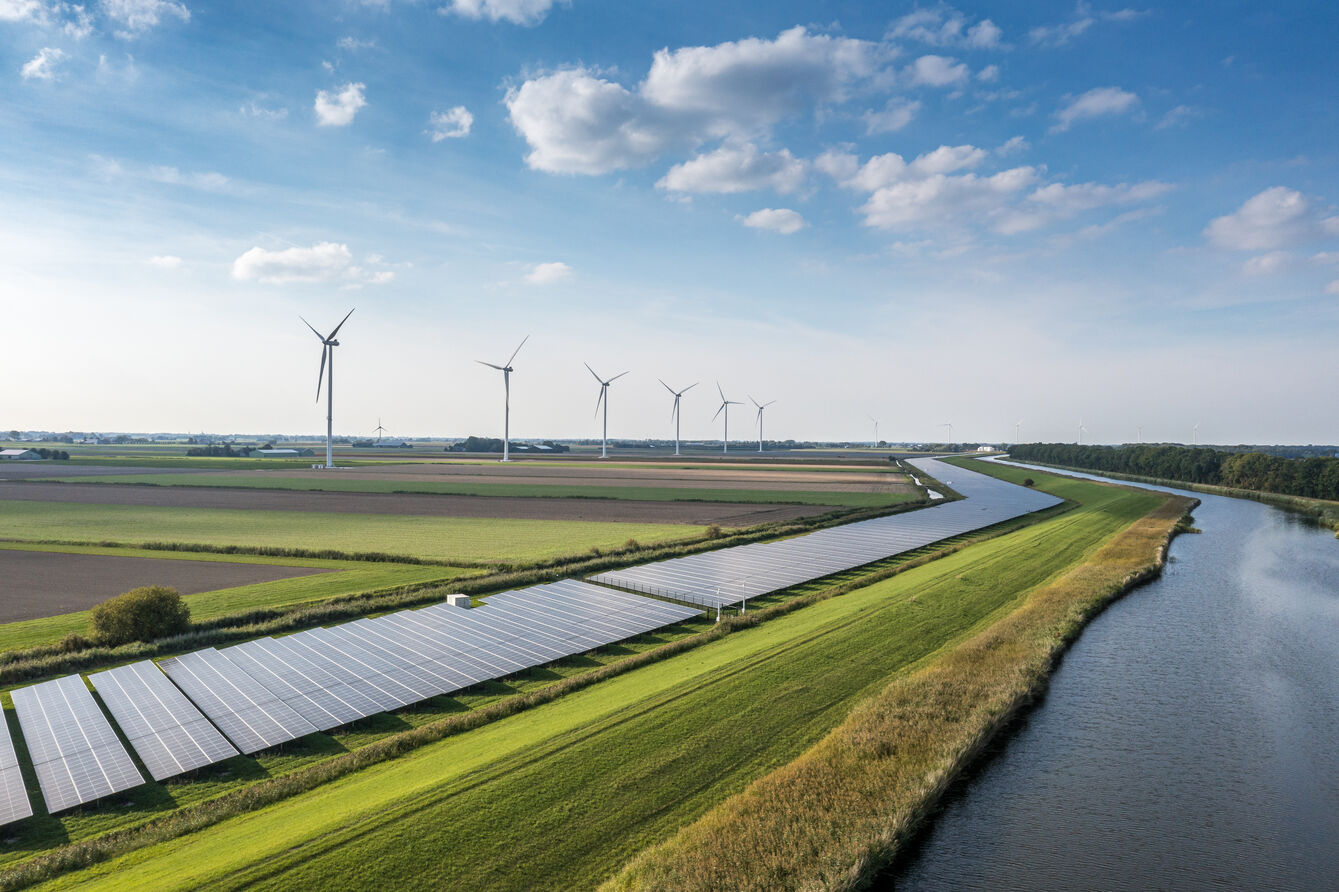Sarroch refinery runs rebounds in Q3, renewed European lockdown poses new threat
Saras struggles with a €61.5 million loss through Q3 2020 on weak margins, driven by Covid-19
Wholly owned by Saras, the Sarroch refinery is one of the largest in Europe, accounting for over 20% of Italy’s total refining capacity, with maximum throughput of 300 kbd. The refinery delivers much of its output to Italy (25%), Spain (10%) and France (12%), making it a prescient indicator of European oil consumption.
Given the Sarroch refinery is the most important asset for Saras in terms of revenue, the facility has long been a bellwether of Saras’ performance. Saras posted a €61.5 million loss for Q3 2020 - down from a €125.7 million profit in Q3 2019 as the refining sector suffered due to “the sharp drop in demand which was aggravated by the deterioration of crack spreads and refining margins”.
Q3 runs rebounded q/q, albeit utilization remains some 18% under year earlier levels
Saras reported crude throughput of 21.2 Mt (233 kbd) in Q3, marking a big increase from only 16.7 Mt in Q2, albeit runs were still 18% lower than a year ago. Utilization remains well below pre-Covid levels (24 Mt). Saras claims that lower processing was largely caused by lower margins and maintenance activities moved from Q2 to Q3. This result is in line with our figure of 19.6 Mt after including an error margin of 8% based on our previous forecasts.
Our data shows that Azerbaijani crude remains the preferred source of oil for Sarroch with arrivals of 94 kbd in Q3, representing 44% of total arrivals. Iraq (23 kbd) overtook Russia (18 kbd) to become the refinery’s second largest supplier. After two months of disruption, Sarroch refinery resumed importing crude oil from Libya in October (54 kbd). The refinery was originally a major purchaser of Libyan crude (5% of Libya’s exports in 2019) but has been forced to adapt after Libya’s onshore oil production collapsed early in the year.
The changes in oil import volumes also indicate a reduction in the processing of light sweet crude oil with heavier grades instead given a preference as Saras attempts to cut output of gasoline and other light ends, such as jet, given Covid-19 driven demand weakness. This is reflected in the export side of the trade. Unlike a year ago, when gasoline accounted for some 72 kbd leaving the facility, this was cut to just 53 kbd in Q3 2020 amid weak margins. Overall seaborne product departures slipped 15.6% against Q3 2019.
Looking ahead to Q4 amid a re-implementation of lockdowns across Europe
In October, crude imports into Sarroch hit the lowest since at least 2013 with arrivals managing just 132 kbd (40% of the January level). This indicates that new lockdowns in Europe have further jeopardized Sarroch’s performance. For now, the refinery has decided to operate at minimal levels in October and November in attempts to offset the effects of a drop in refining margins. CEO Dario Scaffardi has openly admitted that “The refining environment in the last few months has been extremely, extremely challenging.”
Saras has targeted a series of cost savings measures totaling some 120 million euros. A furlough scheme agreed between local trade unions and the Sarroch refinery involving nearly 1400 employees announced in mid-October could help it save 30 million euros. Other measures including reducing maintenance and the suspension of investments in tank farms and power grid upgrades are additional cost saving proposals.
Not all is negative for Saras. Commodity trading house Trafigura bought a 3% stake in Saras as the company believes that “While demand for oil and petroleum products and, consequently, refining margins, remain under pressure, the Sarroch industrial site is one of Europe's largest and most efficient oil refineries”.




.png)








